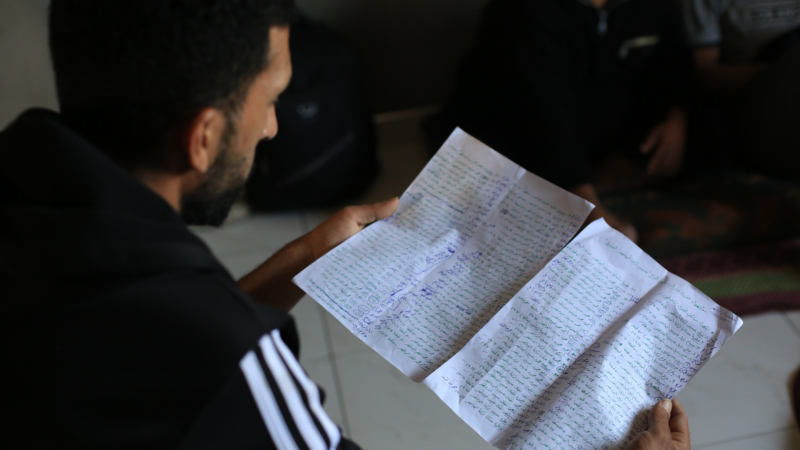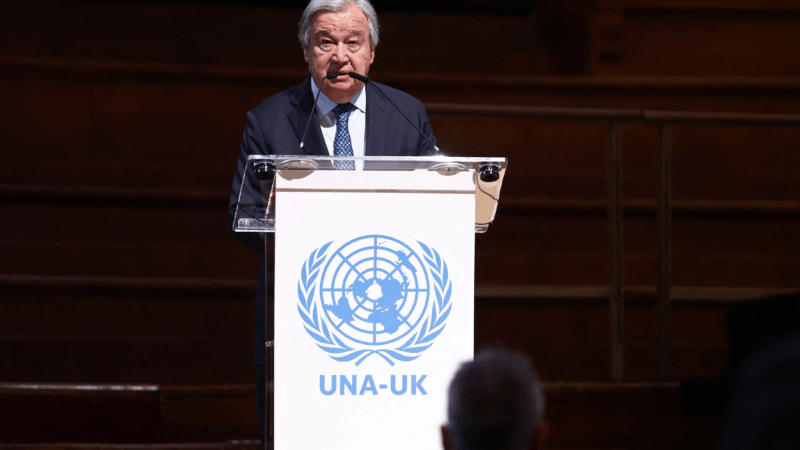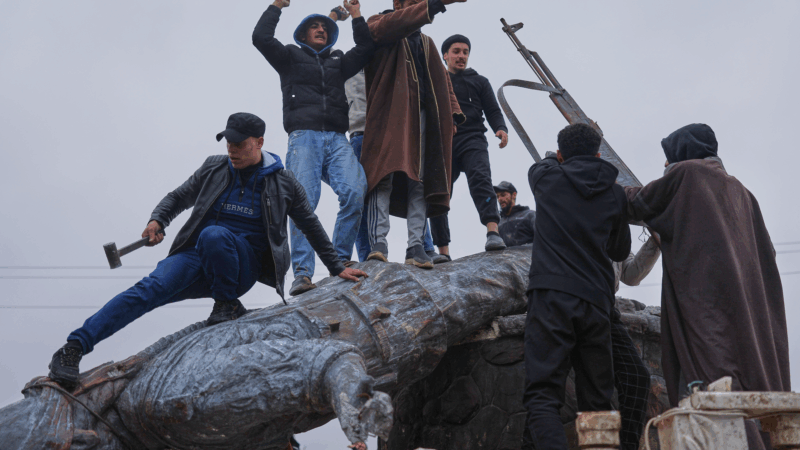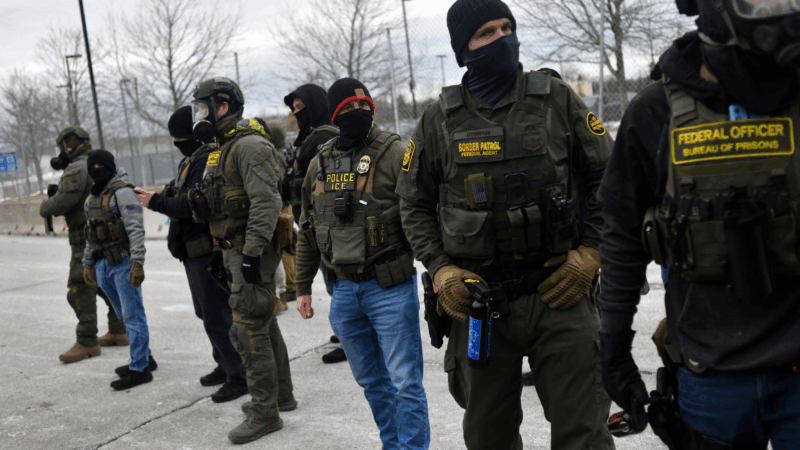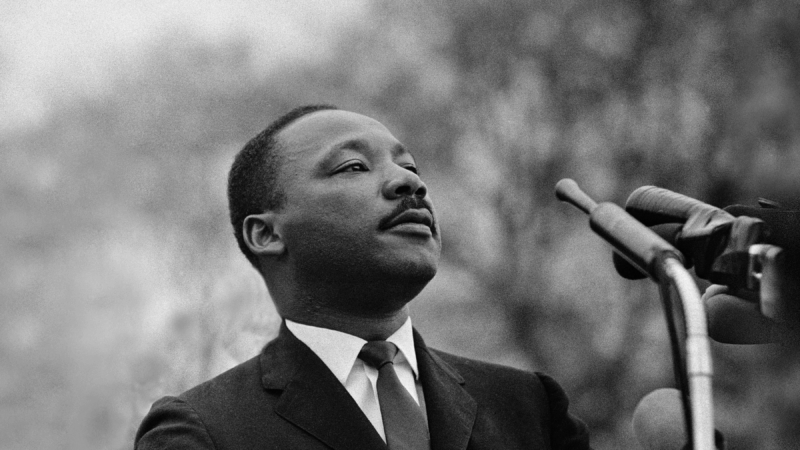One family. One attack. 132 names. A Gaza investigation
An Israeli strike on a Gaza apartment building killed 132 members of one family last October. It was one of the deadliest Israeli strikes of the Israel-Hamas war. The few survivors documented the dead.
It has been difficult to chronicle the enormous losses to Palestinian families during Israel’s offensive in Gaza, one of the most destructive in recent history.
Working with journalists in Gaza, we reconstructed what happened to one large family in a single moment.

On Oct. 7, 2023, the Palestinian militant group Hamas attacked Israel, killing nearly 1,200 people and taking 251 people hostage, according to Israeli government figures.
In response, Israel launched an offensive against Hamas in Gaza, killing nearly 50,000 people in more than a year of war, according to Gaza health officials.
The Abu Naser family owned and lived in an apartment building in Beit Lahia, in northern Gaza. Their building was hit on Oct. 29, 2024, just months before a ceasefire. The family says more than 200 people were gathered in the building that night.

The day after the strike, the Israeli military said it had targeted an “enemy spotter” acting as a lookout on the roof and posing a threat to Israeli forces. The military declined to release visual evidence.
We spoke with one of the few survivors.
Read the full visual narrative, which includes a reconstruction of what happened the night of the strike and in the aftermath, the Israeli military’s response, a detailed family tree mapping out the extent of the family’s loss, satellite imagery and drone video from the family’s neighborhood
United Nations leaders bemoan global turmoil as the General Assembly turns 80
On Saturday, the UNGA celebrated its 80th birthday in London. Speakers including U.N. Secretary-General António Guterres addressed global uncertainty during the second term of President Trump.
Parts of Florida receive rare snowfall as freezing temperatures linger
Snow has fallen in Florida for the second year in a row.
European leaders warn Trump’s Greenland tariffs threaten ‘dangerous downward spiral’
In a joint statement, leaders of eight countries said they stand in "full solidarity" with Denmark and Greenland. Denmark's Prime Minister Mette Frederiksen added: "Europe will not be blackmailed."
Syrian government announces a ceasefire with the Kurdish-led Syrian Democratic Forces
Syria's new leaders, since toppling Bashar Assad in December 2024, have struggled to assert their full authority over the war-torn country.
U.S. military troops on standby for possible deployment to Minnesota
The move comes after President Trump again threatened to invoke the Insurrection Act to control ongoing protests over the immigration enforcement surge in Minneapolis.
Martin Luther King Jr. had a dream … about health care
A doctor from Nigeria tells what Martin Luther King Jr. taught him about health, Justice and inequality.

